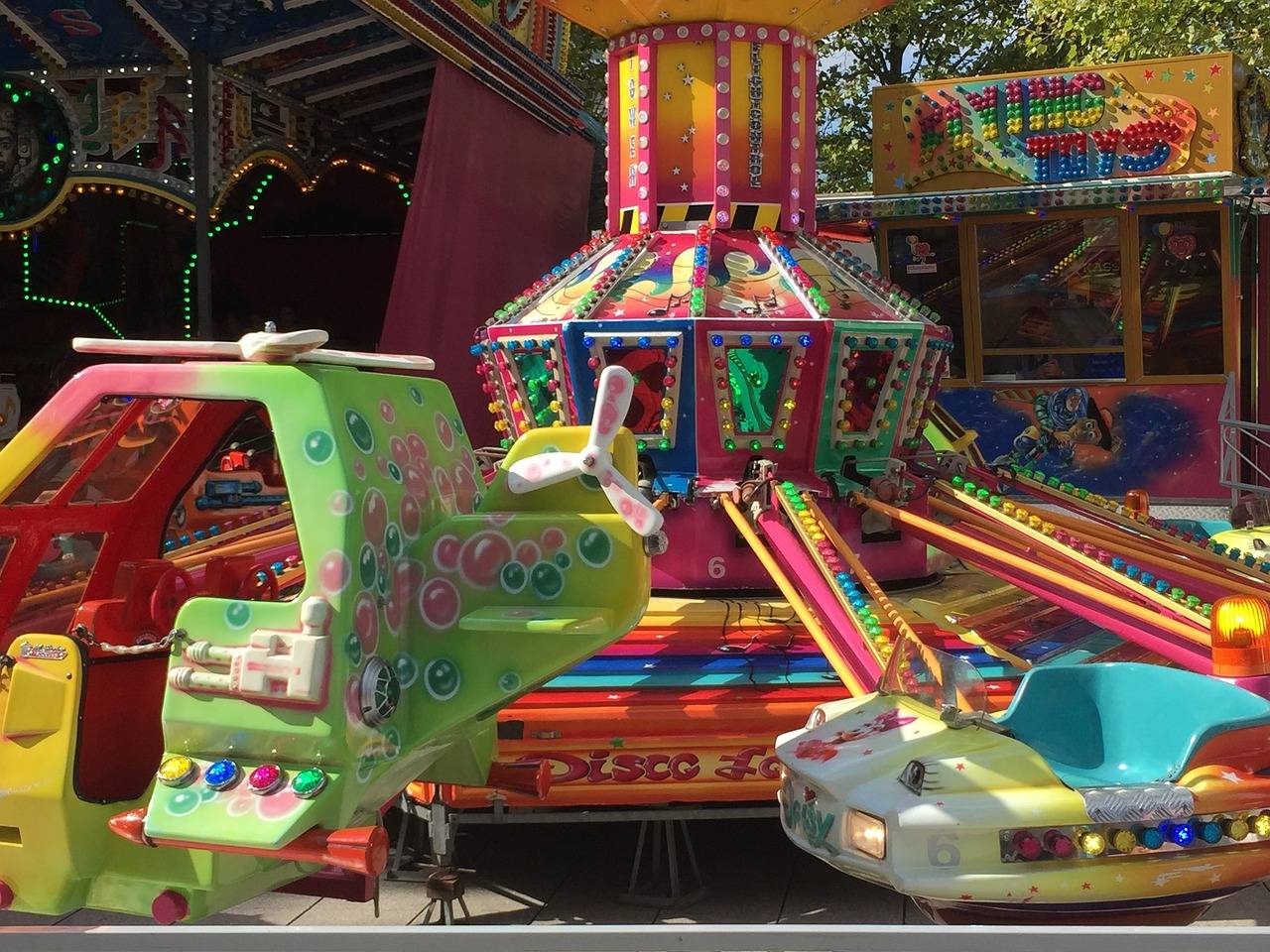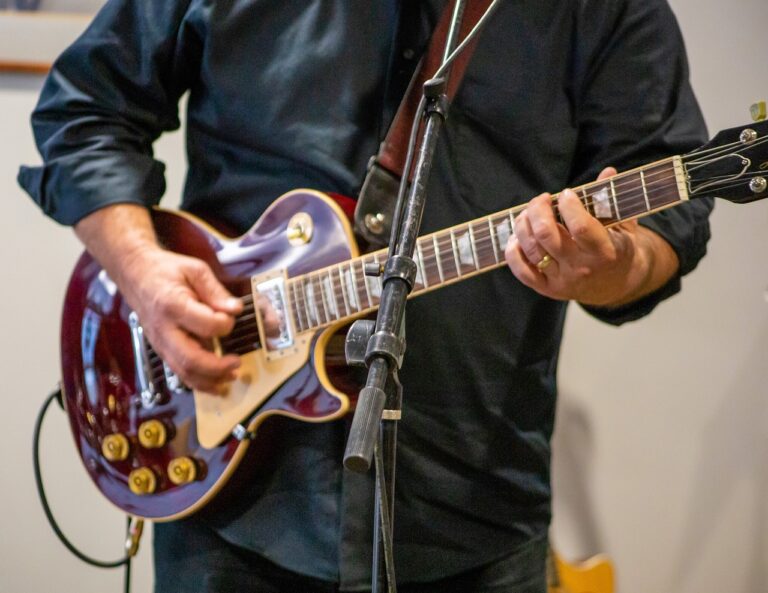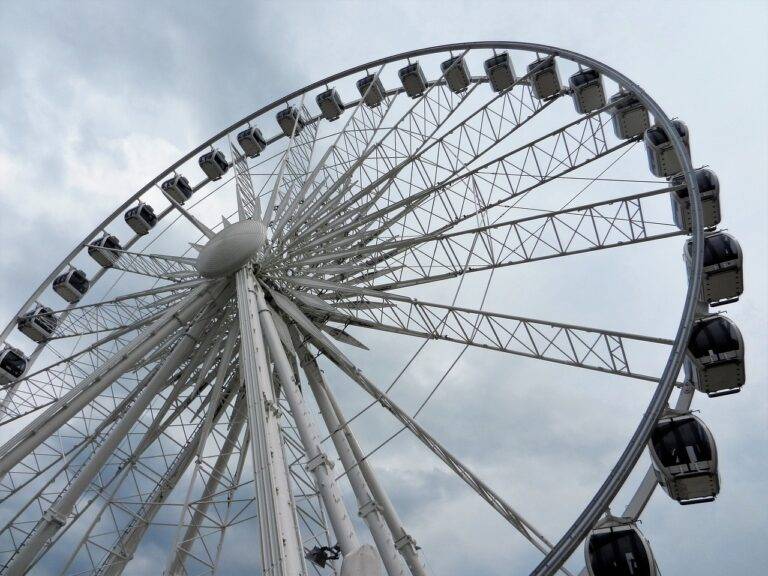The Economics of Concert Ticket Pricing: Demand, Scalpers, and Accessibility
The pricing of concert tickets is a complex process influenced by various economic factors. One key factor is the cost of production and operation for the event, including expenses for the venue rental, artist fees, and staff wages. These costs are crucial in determining the baseline ticket price that organizers must set to cover their expenses and turn a profit.
Additionally, the demand for tickets plays a significant role in shaping their prices. High demand for a popular artist or limited seating capacity can drive ticket prices up, as organizers seek to capitalize on the willingness of fans to pay a premium for the experience. Conversely, when demand is lower or there is an oversaturation of similar events in the market, ticket prices may be adjusted downward to attract more attendees and ensure maximum revenue.
• The cost of production and operation for the event includes venue rental, artist fees, and staff wages
• High demand for tickets can drive prices up
• Limited seating capacity can also lead to higher ticket prices
• Lower demand or oversaturation of events in the market may result in lower ticket prices
Understanding the Role of Supply and Demand in Ticket Pricing
One of the key factors that determine the price of concert tickets is the basic principle of supply and demand. When there is high demand for a particular concert, but only a limited number of tickets available, the price naturally increases. On the other hand, when the demand is low or when there are plenty of tickets remaining, the price tends to decrease in order to attract more buyers.
Supply and demand play a significant role in setting ticket prices for concerts, as event organizers seek to strike a balance between maximizing profits and ensuring that the venue is filled to capacity. By understanding the dynamics of supply and demand in the ticketing industry, both fans and event organizers can better predict and adjust pricing strategies to reflect market conditions accurately.
The Impact of Scalpers on Ticket Availability and Prices
Scalpers significantly affect the availability and prices of concert tickets. By purchasing tickets in bulk and reselling them at higher prices, scalpers create a scarcity in the primary market. This scarcity drives up prices as fans are forced to turn to the secondary market where tickets are being sold at inflated prices. The practice of scalping not only impacts consumers but also distorts the true value of tickets, making it challenging for genuine fans to secure tickets at face value.
Moreover, scalpers use various tactics to secure large quantities of tickets, such as utilizing automated bots to make swift purchases as soon as tickets are released. This not only deprives fans of the opportunity to buy tickets at face value but also creates an uneven playing field where scalpers have an unfair advantage in the ticket-buying process. As a result, the presence of scalpers in the ticket market can lead to frustration among fans and contribute to the perpetuation of inflated ticket prices for popular events.
What economic factors influence concert ticket prices?
Concert ticket prices are influenced by factors such as demand for the artist, venue capacity, production costs, and market trends.
How does supply and demand affect ticket pricing?
When the demand for concert tickets is high and the supply is limited, ticket prices tend to increase. On the other hand, when there is low demand and excess supply, ticket prices may decrease.
What is the impact of scalpers on ticket availability and prices?
Scalpers purchase tickets in bulk and resell them at inflated prices, reducing the availability of tickets for genuine fans and driving up prices in the secondary market.





